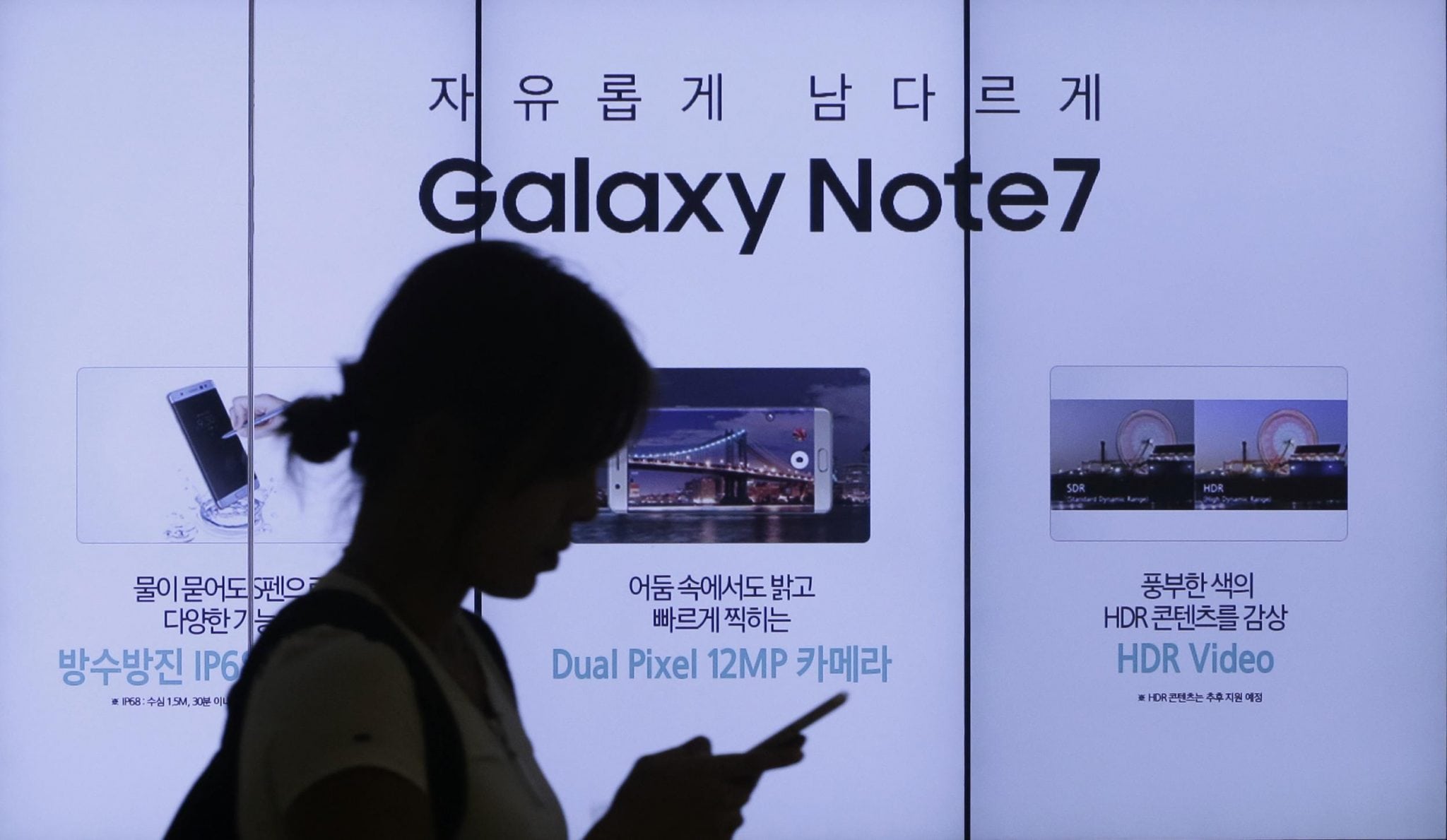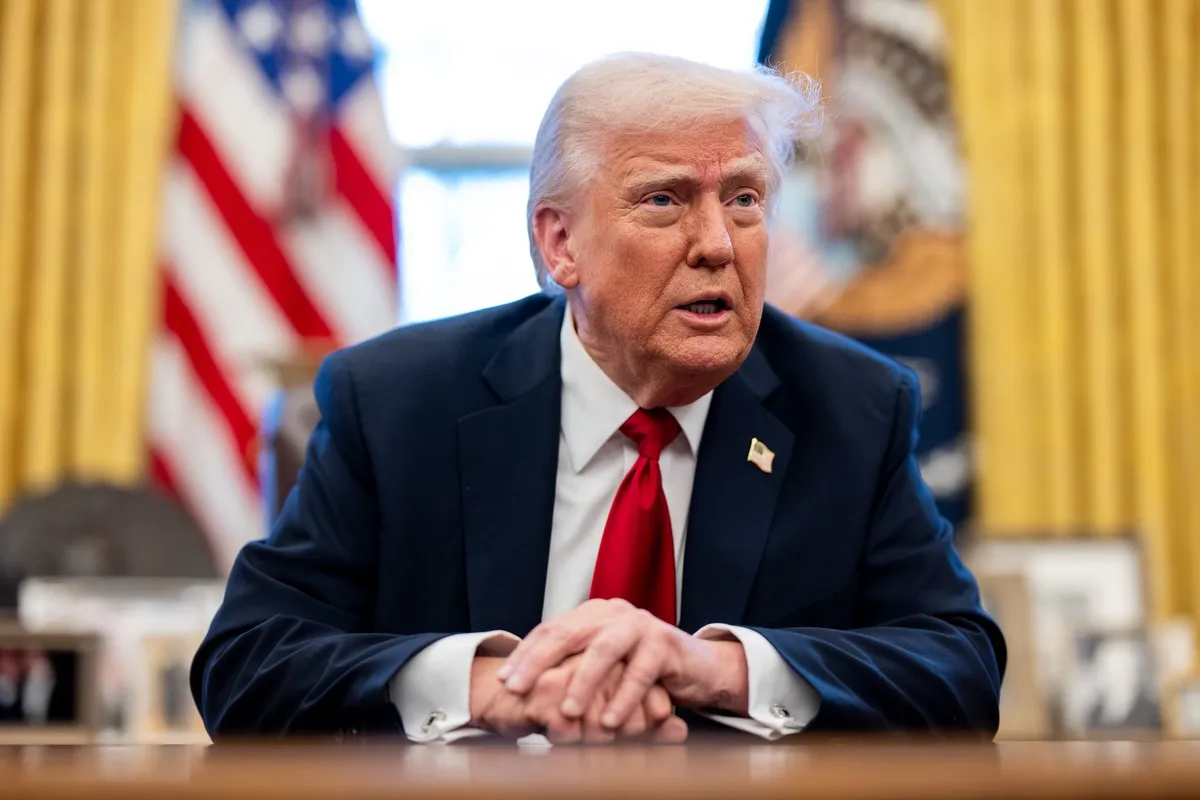What Are 'Dumping Tours' and Why Is South Korea Cracking Down on Them?

Skift Take
South Korea is taking action to combat the practice of “dumping tours,” when tourists are pushed into shopping at specific locations, often at inflated prices.
The South Korean government has said it would crack down against travel companies that attract tourists with low-priced packages and then make up for the loss by including frequent shopping activities, from where they earn commissions from vendors.
These travel packages are also sold on social media.
The tourism ministry also plans to meet with travel agencies next week to explain the new guidelines, review 215 agencies specializing in group tours in July, and welcome new applications for licenses in August. Companies that present innovative and ethical tour programs will receive extra credits, the government has said.
The Problem with Dumping Tours
Dumping tours have long been a source of frustration for visitors to South Korea. These tours often lure tourists with attractive, low-cost packages, only to compensate for the discounted prices by incorporating numerous shopping stops. Travel companies earn commissions from these stops, which frequently include duty-free shops and souvenir outlets.
Korean media had reported that these tour guides often usher tourists into shops to buy overpriced items such as cosmetics, nutritional supplements, and other goods.
Some companies also charge tourists extra for “optional tour activities” at sites that are usually free to enter, undermining the promise of all-inclusive package tours that should guarantee visits to major tourist sites.
These tours often employ unlicensed guides, known as “tour conductors,” who earn commissions from the shops instead of regular wages.
Government's Response
In a landmark move, the South Korean government suspended a travel agency for a month after a Chinese tourist reported to the Tourist Complaint Center that he was being forced to shop during their tour.
This marked the first time that the government had suspended a travel agency's operations due to such practices.
The Seoul metropolitan government has been vocal about the negative impact of dumping tours on the city’s reputation and how it could damage the recovery of its tourism sector post-pandemic.
Efforts to curb these practices began last year in October with inspections of illegal tour guides and accommodations, as well as the establishment of an illegal tourism report center in December.
The government this year also announced that it would target unlicensed tour guides, particularly in popular areas like Myeong-dong in central Seoul.
Focus on Chinese Market
South Korea is focusing heavily on one of its largest tourism markets: China. There are also plans to survey other countries.
An earlier survey of nearly 3,100 Seoul travel packages sold on four major online platforms in China revealed that 85 of the 100 lowest-priced packages were likely promoting dumping tours.
Of these 85 tours, 45 included six to eight shopping trips during a five-day tour, with the package tours priced lower than the combined cost of airfare and accommodations.
South Korea Tourism Numbers
In 2023, South Korea saw a significant rebound in tourism, with 11 million international visitors — a 241% increase from the previous year. This surge brought the country's international arrivals to 63% of the pre-pandemic level of 17.5 million visitors recorded in 2019.
Around 2.1 million of these tourists came from China, which had by then lifted its stringent travel restrictions. While Chinese arrivals were still at 33% of the 2019 level, it represents a considerable recovery. Back in 2019, more than 400,000 Chinese travelers visited Korea each month, peaking at 578,112 in August that year, according to the Korea Tourism Organization (KTO).
The importance of Chinese tourists to South Korea's tourism sector is clear. In 2019, over one-third of all foreign visitors to Korea were from China. However, this ratio dropped to one in five from 2023 to March 2024.
However, the number of Chinese visitors is rising sharply, with a 470% increase from January to April this year compared to the same period in 2023, as reported by the Korea Times. About 10% of these travelers arrived as part of large group tours.





